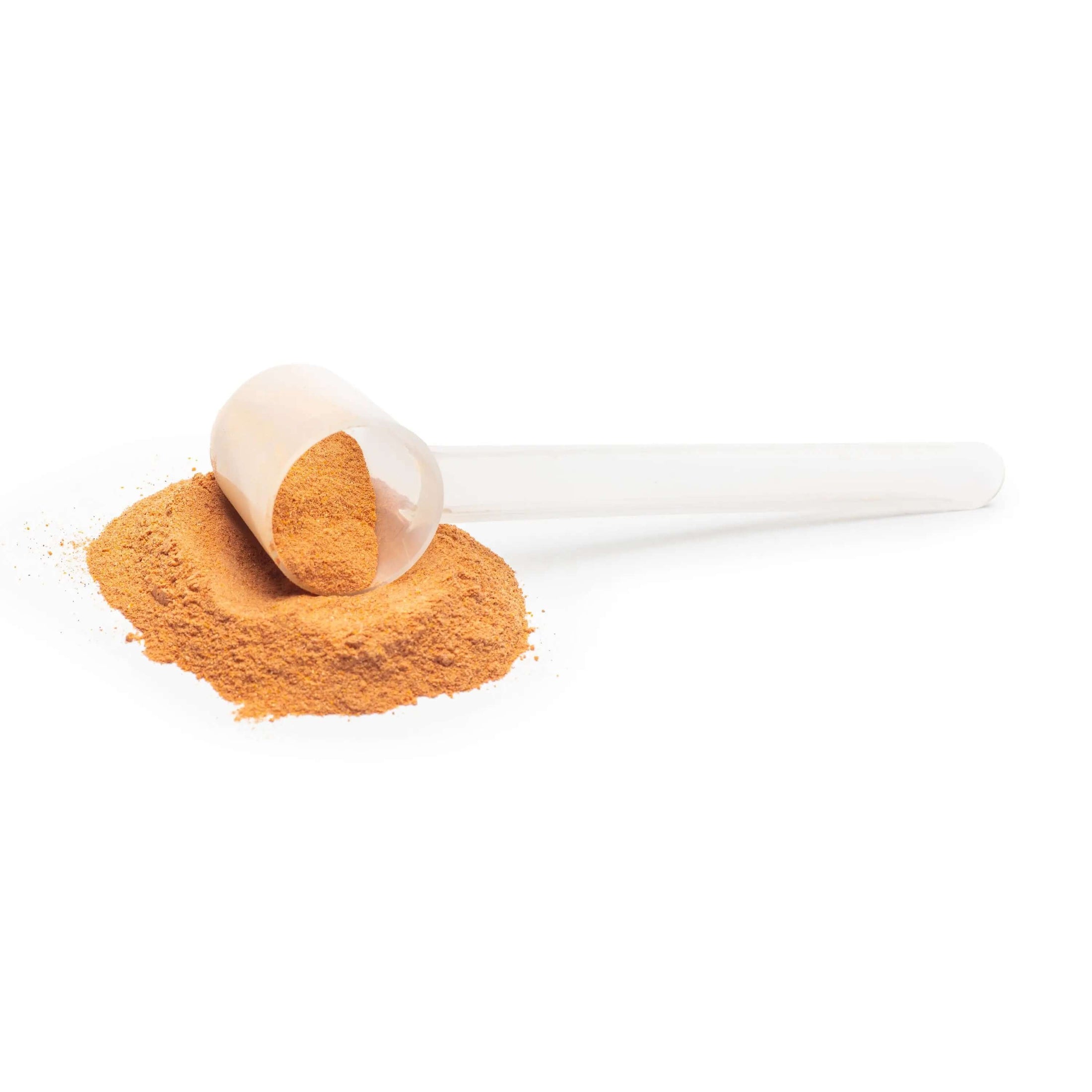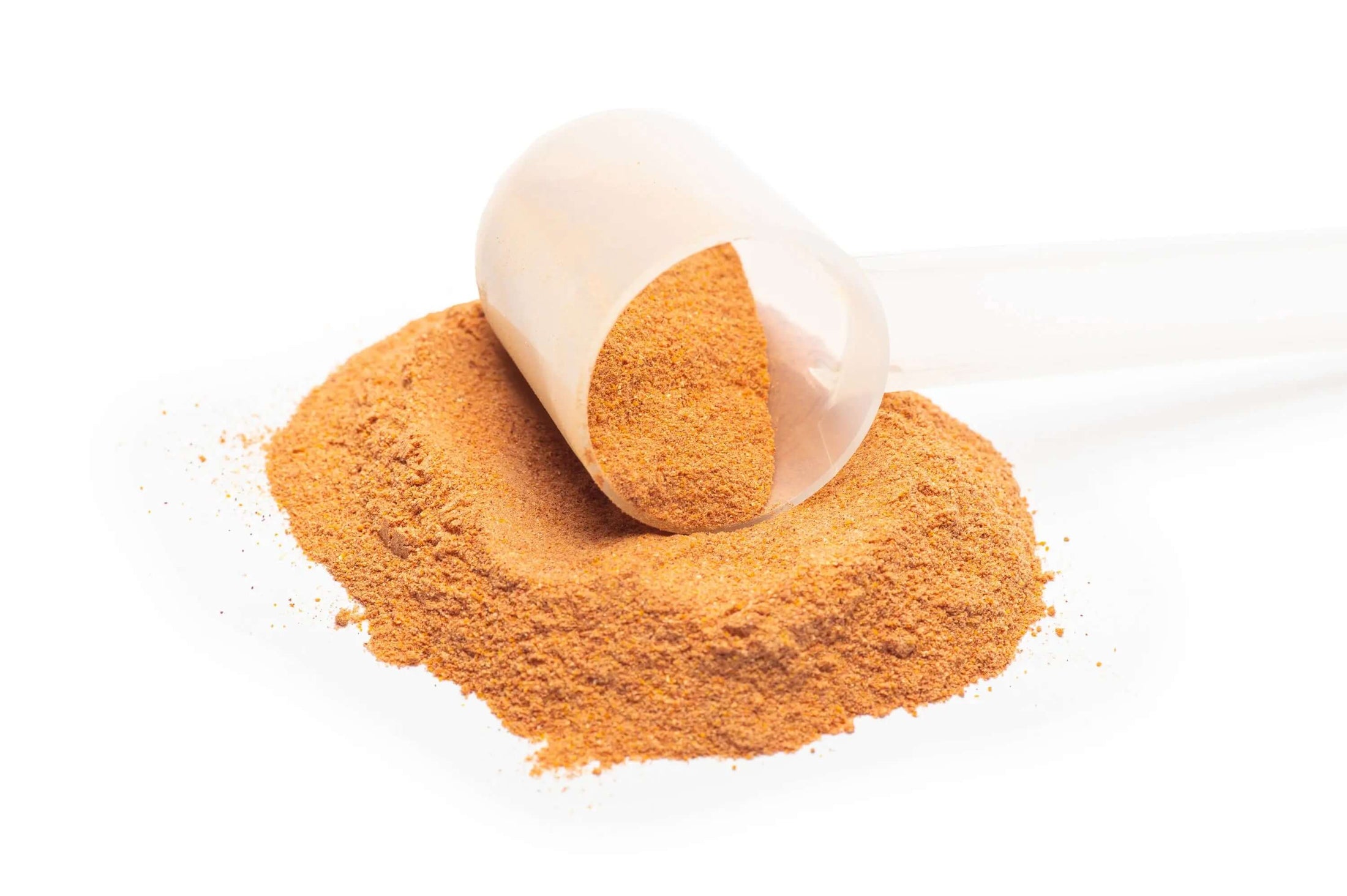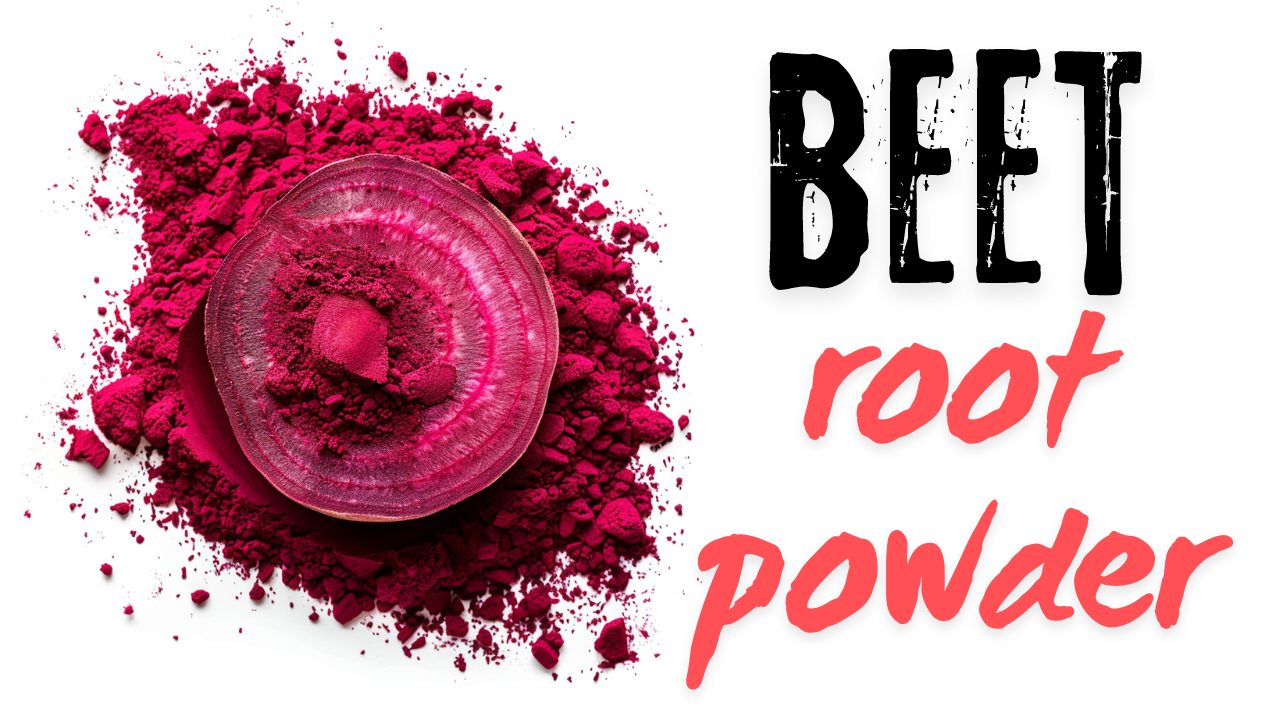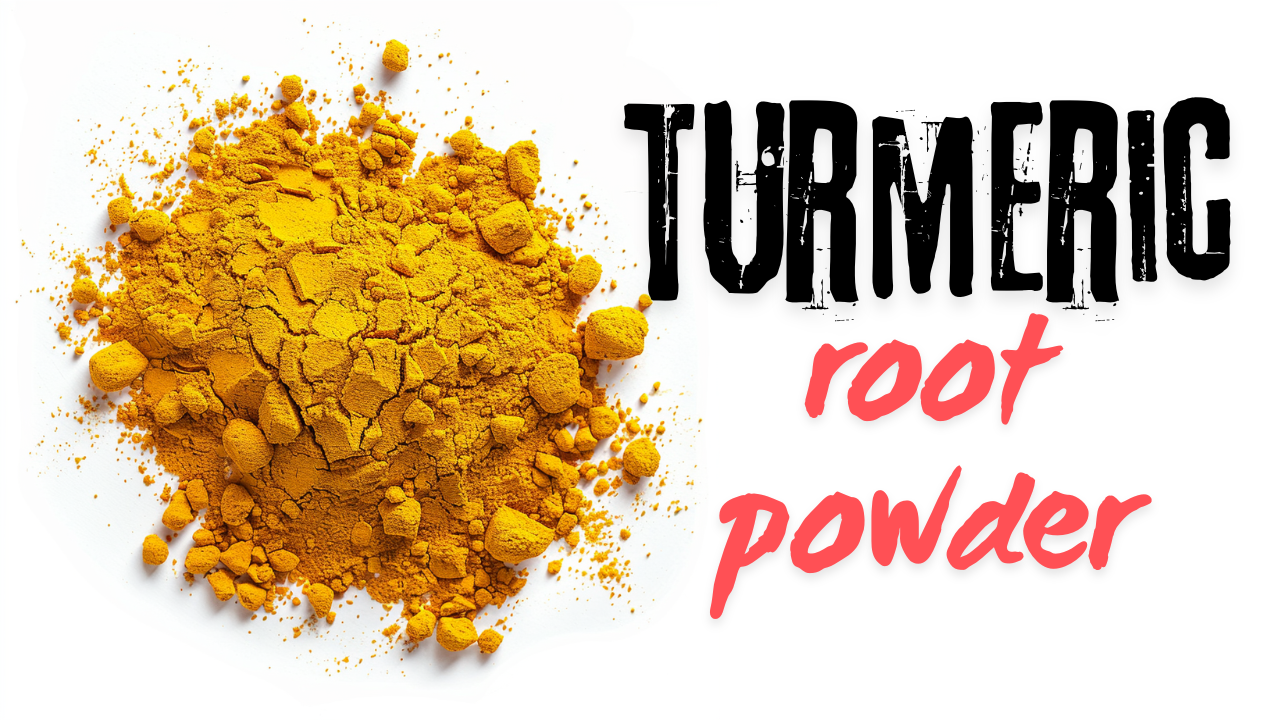Rose Hips, the pseudo fruits of Rosa species, have been a cornerstone of traditional medicine for centuries. These vibrant red-orange fruits, known for their tart flavor, are not just culinary delights but also a treasure trove of health benefits. Recent scientific studies have begun to unravel the therapeutic potential of Rose Hips, revealing a myriad of benefits ranging from antioxidant effects to anti-inflammatory properties.
Antioxidant Powerhouse
Rose Hips are packed with a rich array of antioxidants, including ascorbic acid (vitamin C), phenolic compounds, and healthy fatty acids. These antioxidants play a crucial role in neutralizing harmful free radicals in the body, thereby reducing oxidative stress. Oxidative stress is linked to a variety of chronic diseases, including heart disease, cancer, and neurodegenerative disorders. Thus, the antioxidant properties of Rose Hips may contribute to the prevention and management of these conditions.
Therapeutic Applications
The therapeutic potential of Rose Hips extends to a wide variety of diseases. Recent research has explored its potential application in the treatment of skin disorders, hepatotoxicity, renal disturbances, diarrhea, inflammatory disorders, arthritis, diabetes, hyperlipidemia, obesity, and even cancer. While more research is needed to fully understand the mechanisms behind these benefits, the current findings suggest that Rose Hips could be a valuable addition to the therapeutic arsenal against these conditions.
Rich in Nutrients
The nutritional profile of Rose Hips is equally impressive. They are a good source of vitamin C, with some species containing a higher concentration than others. For instance, Rosa canina, one of the most common species, has a lower average content of vitamin C compared to other species like Rosa villosa. However, Rosa canina compensates with a high content of citric acid, another important nutrient.
Bioactive Ingredients
The bioactive ingredients of Rose Hips contribute significantly to their health benefits. These include flavonoids, carotenoids, and specific fatty acids. Flavonoids, for example, have been extensively researched for their health-promoting properties. Carotenoids, on the other hand, are still under investigation for their potential health benefits. Specific fatty acids found in Rose Hips, such as linoleic acid, α-linolenic acid, and a galactolipid known as GOPO, have been shown to have anti-inflammatory properties.
Pharmacological Activity
Rose Hips also exhibit pharmacological activity, particularly in their carotenoid extracts. These extracts have shown anti-Helicobacter pylori, cytotoxic, multidrug resistance (MDR) reversal, and radical scavenging activity in vitro. The active principles in the carotenoid extract can differ based on the extraction procedures, indicating the potential for tailored extraction methods to maximize specific health benefits.
In conclusion, Rose Hips are more than just a pretty fruit. They are a powerhouse of nutrients and bioactive compounds that offer a wide range of health benefits. As research continues to explore the therapeutic potential of Rose Hips, it is clear that these fruits have much to offer in the realm of health and wellness. Whether consumed as a tea, a jam, or a supplement, Rose Hips are a valuable addition to a healthy diet.























